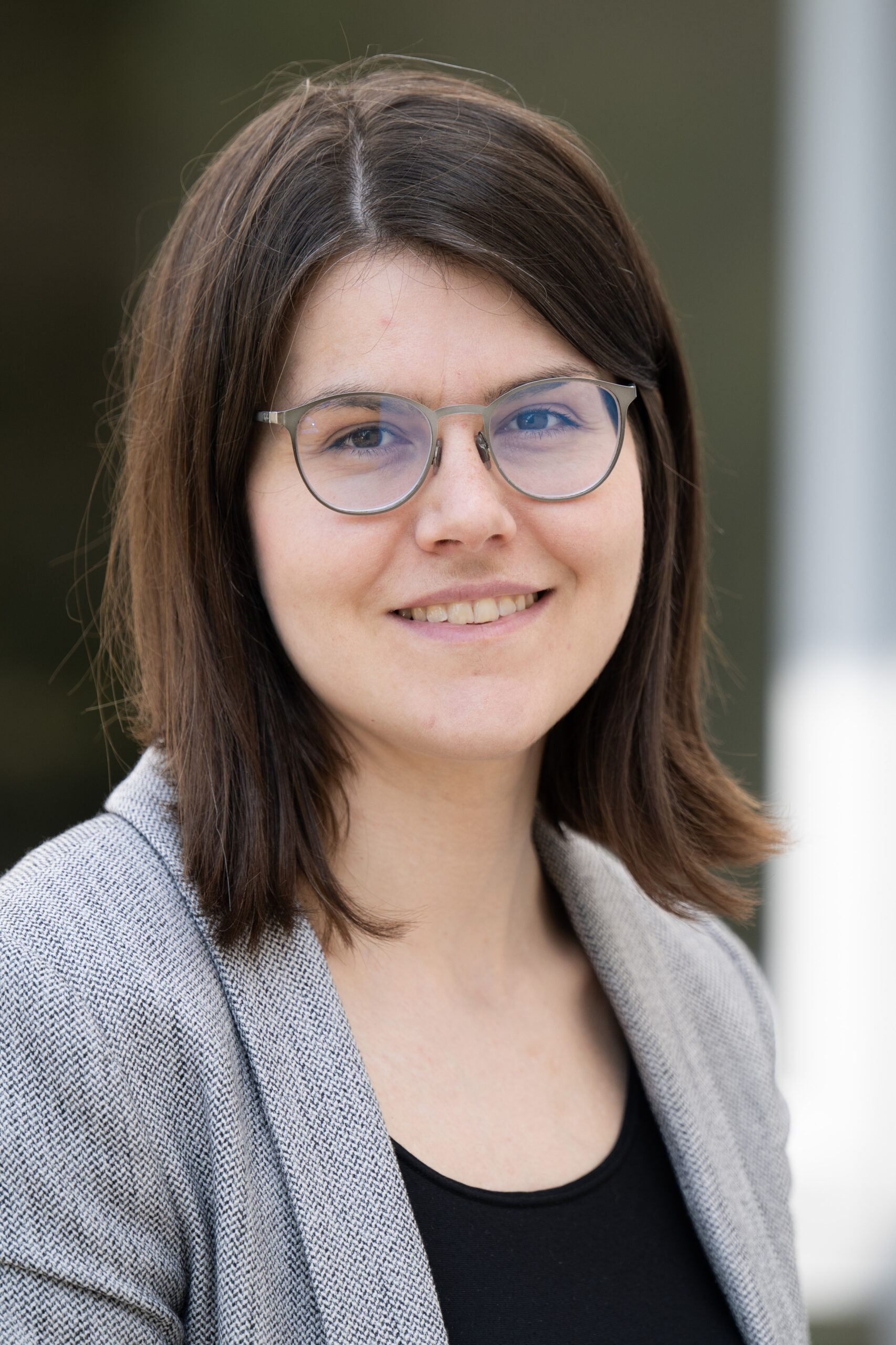Project P20
Genome-wide in vitro reconstitution of cohesion-mediated loop extrusion to understand the interplay of chromatin architecture and gene expression
About
The cohesin complex is crucial for the spatial arrangement of chromatin in the cell nucleus and involved in many fundamental processes including cell division, DNA replication, DNA repair and gene expression. How cohesin regulates gene expression is not well understood. To fully understand the role of cohesin, we first need to re-evaluate the role of cohesin in chromatin folding to distinguish direct from indirect effects. Recently, we could reconstitute chromatin domains from S. cerevisiae by using a genome-wide in vitro reconstitution approach, which is free of interfering processes like transcription or replication. Upon reconstitution of regular, in vivo-like nucleosome positioning with ATP-dependent chromatin remodeling enzymes (remodelers), we could reconstitute chromatin domains in vitro. This showed that nucleosome positioning plays an important role in the 3D chromatin organization. Here, we will use this approach to define now the direct impact of cohesin function on the 3D chromatin organization and how cohesin activity is regulated by remodelers.

Principal Investigator
Prof. Dr. Elisa Oberbeckmann
Universitätsmedizin Göttingen (UMG)
Georg-August-Universität
Institut für Molekularbiologie
Ernst-Caspari-Haus
Justus-von-Liebig-Weg 11
37077 Göttingen
+49 551 3965975
elisa.oberbeckmann@med.uni-goettingen.deResearch Group: English
